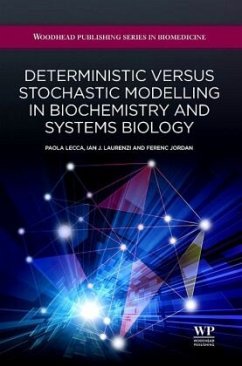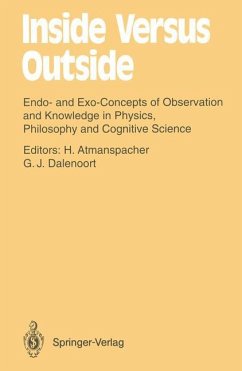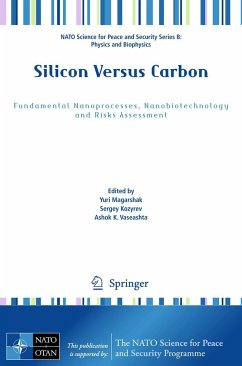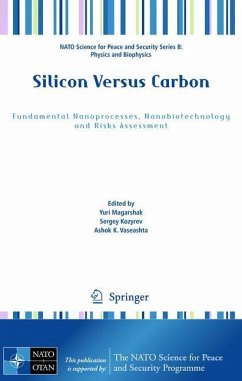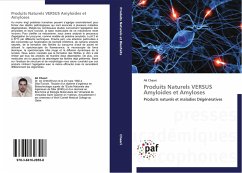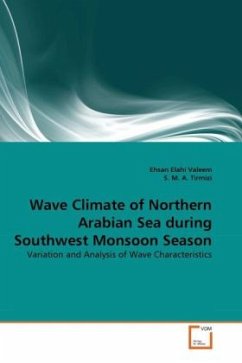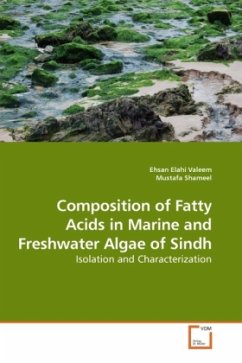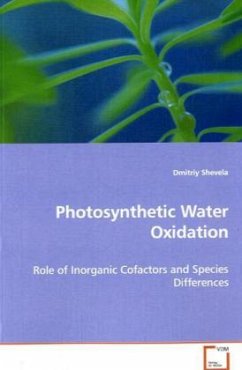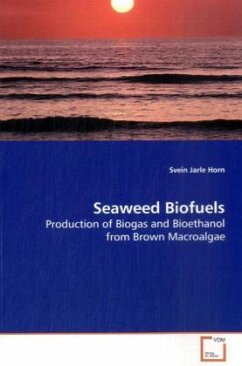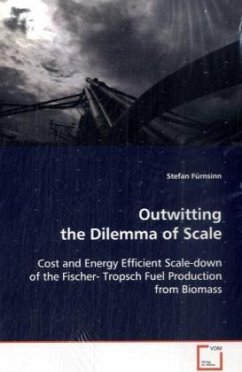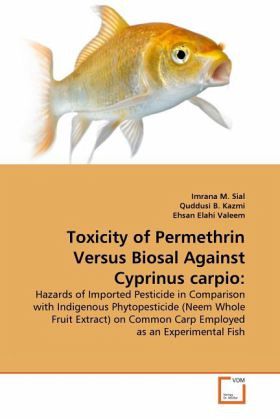
Toxicity of Permethrin Versus Biosal Against Cyprinus carpio:
Hazards of Imported Pesticide in Comparison with Indigenous Phytopesticide (Neem Whole Fruit Extract) on Common Carp Employed as an Experimental Fish
Versandkostenfrei!
Versandfertig in 6-10 Tagen
52,99 €
inkl. MwSt.

PAYBACK Punkte
26 °P sammeln!
Over the last several years, the use of synthetic and imported pesticides in agriculture has been increased exponentially. Among such pesticides permethrin is being used against the crop pests, which pollutes water bodies and bioaccumulates in fish. To prevent this poisoning, the most vulnerable fish Cyprinus carpio was selected to adopt a pragmatic approach for replacing much expensive and highly toxic pesticide with an alternate, natural, indigenous and less toxic phytopesticide. In predetermined LC50 of both the pesticides significance of enzymes (AST, ALT, ALP, ChE) activities showed alter...
Over the last several years, the use of synthetic and imported pesticides in agriculture has been increased exponentially. Among such pesticides permethrin is being used against the crop pests, which pollutes water bodies and bioaccumulates in fish. To prevent this poisoning, the most vulnerable fish Cyprinus carpio was selected to adopt a pragmatic approach for replacing much expensive and highly toxic pesticide with an alternate, natural, indigenous and less toxic phytopesticide. In predetermined LC50 of both the pesticides significance of enzymes (AST, ALT, ALP, ChE) activities showed alternation in various organs of fish fry and adult providing evidence that permethrin pollution might have an adverse effect on the reproduction and development of carp that should be taken into account when spraying it on agricultural areas near aquatic ecosystem. This monograph vehemently advocates the opening of new vistas of cost-effective and fish-friendly agricultural and domestic pesticide for farmers, aqua-culturists, fish physiologists, food scientists and environmentalists. It requires feedback from all concerned to include it into a national conservation strategy.



